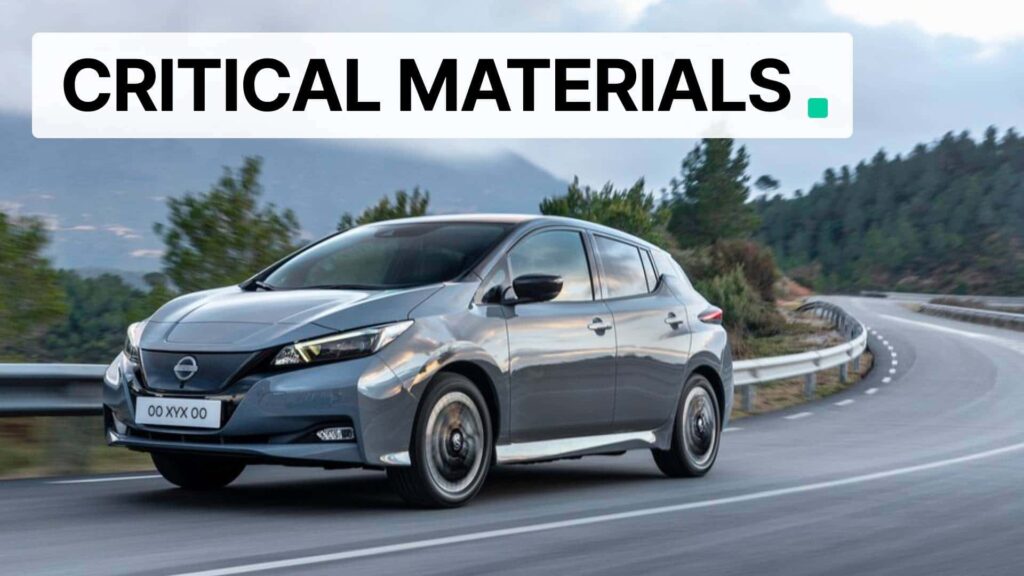The ongoing battle between electric powertrains and other forms of propulsion continues to be a hot topic of debate in the automotive industry. Initially, automakers had high hopes for the rapid adoption of battery-electric vehicles (BEVs), but as the market failed to develop as quickly as anticipated, they have shifted towards a hybrid-heavy approach. However, China has remained committed to electric vehicles, setting the stage for an uneven future in the automotive industry.
Welcome back to Critical Materials, your daily source for all things electric and automotive tech. Today, we delve into the insights of the “godfather of EVs” and his warning about hybrids, allegations of “slavery-like conditions” at a BYD factory construction site, and Hertz’s desperate attempt to offload its fleet of Teslas to renters.
In a recent interview with Business Insider, Andy Palmer, known as the “godfather of EVs” for his role in developing the Nissan Leaf, expressed his concerns about the West falling behind in the race for electrification supremacy. Palmer labeled hybrids as a “road to hell,” emphasizing that delaying the transition to EVs by relying on hybrids allows China to maintain its leadership in the EV market. He highlighted the importance of committing to electric platforms to avoid diluting the market with uncompetitive vehicles.
China’s dominance in the EV industry is supported by significant government subsidies, amounting to nearly $320 billion since 2009. This investment has enabled Chinese companies like BYD to develop cutting-edge EV technology and create affordable electric vehicles. Palmer praised Chinese EVs for their quality and value, predicting that Chinese firms will become unbeatable if they can compete in the tough European market.
On a different note, BYD is facing allegations of “slavery-like conditions” at its new factory construction site in Brazil. Brazilian officials accused a labor contractor hired by BYD of subjecting Chinese workers to exploitative conditions, prompting BYD to sever ties with the firm. The company is now working with Brazilian authorities to address the allegations and ensure the factory’s opening in 2025.
Meanwhile, Hertz is struggling to sell its fleet of Teslas, offering renters the option to purchase the vehicles instead of returning them. The rental company is reportedly offering significant discounts on its Tesla Model 3 rentals, sparking interest among potential buyers. While the offer presents a tempting deal, concerns about the vehicle’s history as a rental car and charging habits remain.
In the midst of these developments, Palmer’s suggestion of selling cheaper EVs with smaller batteries raises questions about the trade-offs between range and affordability. Would consumers be willing to sacrifice range for a lower price if charging infrastructure improves? The prospect of more affordable EVs with better charging networks could reshape the electric vehicle market, but uncertainties about range limitations during road trips and charging availability linger.
As the automotive industry navigates the transition to electrification, the choices made today will shape the future of transportation. Stay tuned for more updates on electric and automotive tech.

